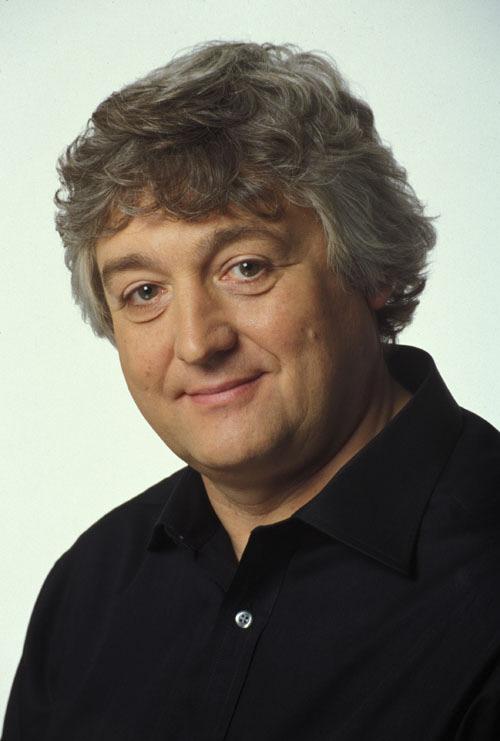
IT was a field day for horns. All the works in this afternoon programme conducted by Simon Wright featured important French horn solos. Strauss’s First Horn Concerto was centrepiece, preceded by a Humperdinck prelude and dances by Elgar, and followed by Dvorak’s Seventh Symphony.
The horn has always been considered the Romantic instrument par excellence, evocative of fairy-tale, fantasy and fanfare alike. Humperdinck opens his opera Hansel and Gretel with a chorale for a quartet of horns, suggesting the presence of the divine over the children’s adventures. The horns here were a model of composure, although the orchestra’s subsequent capers just lacked that final ounce of playfulness.
Elgar’s three orchestrations of songs in From The Bavarian Highlands distil the essence of dance in the southern German countryside, a favourite holiday spot he enjoyed with his wife Alice. The central Lullaby found principal horn Janus Wadsworth in smooth fettle.
There was plenty of joie de vivre in the opening number, but the real joy came in The Marksmen, where Simon Wright’s delicate tempo changes were minutely observed and the final accelerando was delightfully dashing.
It was a privilege to be in the audience for the Strauss horn concerto. Its soloist, Annemarie Federle, principal horn of the London Philharmonic Orchestra, sports not merely superb technical expertise but a musicality personality that bubbles into all her playing.
It is not too strong to call her the Emma Raducanu of the horn. Both stars are 21, with bright futures and the freshness of youth on their side.
We have produced some outstanding horn players in this country over the years, but Federle is already right in the front rank. The orchestra offered every support she could have wanted, giving plenty of meaning to the ritornellos; Wright’s rapport with her was exemplary.
There was a telling moment in the opening movement. She leapt to a high note and it was not quite right. It was not out of tune, just not perfectly placed. But she made an immediate adjustment that opened out its resonance; it was the mark of a perfectionist.
Her velvety legato in the Andante encased a central section where she added heft to her tone to dramatic effect. In a seemingly nerveless finale, she managed some impeccable shades of phrasing despite the rapid tempo.
We were still not done with the horns. The slow movement of Dvorak’s Seventh features some telling moments for the instrument. Once again Wadsworth did not disappoint. He has been a faithful servant to this orchestra for many years and he deserved his moments in the spotlight.
The composer’s colourful orchestration emerged with considerable clarity in the opening Allegro, taken at a leisurely, lilting pace. But energy had been kept in reserve for the scherzo, which was crisp and taut, with idyllic contrast in its trio.
Wright’s command of this ensemble was in evidence again in the finale as he played with the tempo at phrase-endings and the orchestra responded as to the manner born. This movement has been compared to the devil’s music in Weber’s Der Freischütz and its stern drama remained strong right up until the final cadence in the major key.
The orchestra has decided to persist with Sunday matinee performances in the coming season, which begins on October 6. On this showing, any family with musical interests would be foolish to miss it.
Review by Martin Dreyer 19/5/2024
